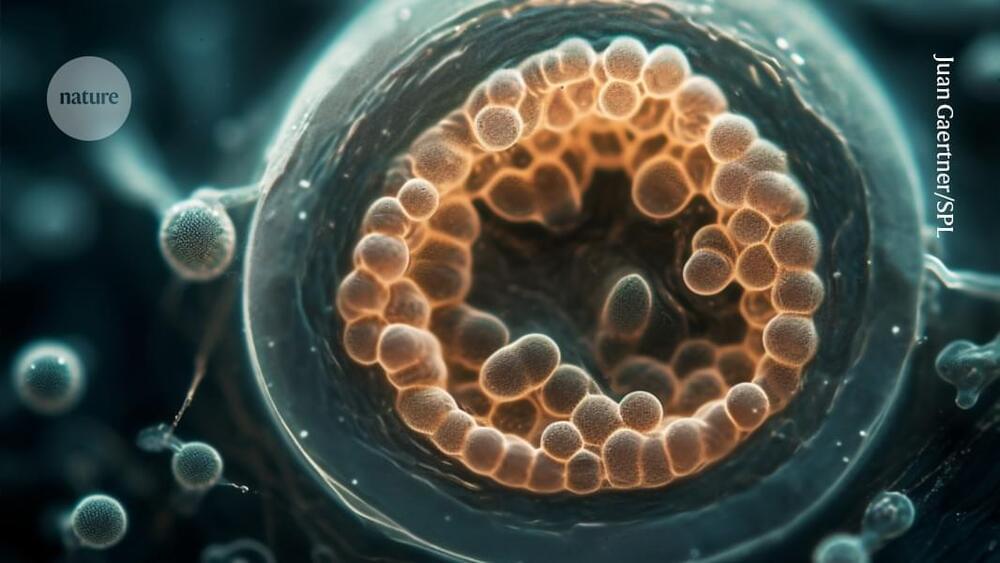Scientists raise the alarm following updated research ethics guidelines on heritable human genome editing.


Old article. Simple and cheap solution.
MIT researchers have come up with a promising approach to controlling methane emissions and removing it from the air, using an inexpensive and abundant clay called zeolite.

Three individuals with profoundly impaired vision who got stem-cell transplants have seen significant improvements in their eyesight that have lasted for more than a year, marking a significant advancement in the restoration of blind vision.
A fourth person with very compromised vision saw improvement, although it did not last.
These four are the first to receive transplants of reprogrammed stem cells to heal injured corneas, the eye’s clear outer surface.

Individuals born before 37 weeks of gestation, considered to be preterm infants, have, on average, lower employment income, university enrollment and educational attainment through age 28, according to a study publishing November 6, 2024 in the open-access journal PLOS ONE by Petros Pechlivanoglou of The Hospital for Sick Children, Toronto, Canada.
Preterm birth affects about 10% of all births worldwide and accounts for one in five deaths in children. Economic and lifestyle factors can affect a family’s access to therapies and supports, financial stability and quality of life.




When things get tough in adulthood, it might seem appealing to return to simpler times.
One bizarre marine creature has taken this approach to dire situations quite literally, regressing its physical adult body to a juvenile stage once the stress of starvation or injury has subsided.
Until now, the immortal jellyfish (Turritopsis dohrnii) was the only species thought to be able to wind back the clock on jelly-puberty like this, but now it’s joined by Mnemiopsis leidyi, better known as the sea walnut or the warty comb jelly.
